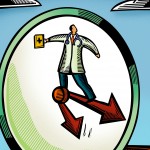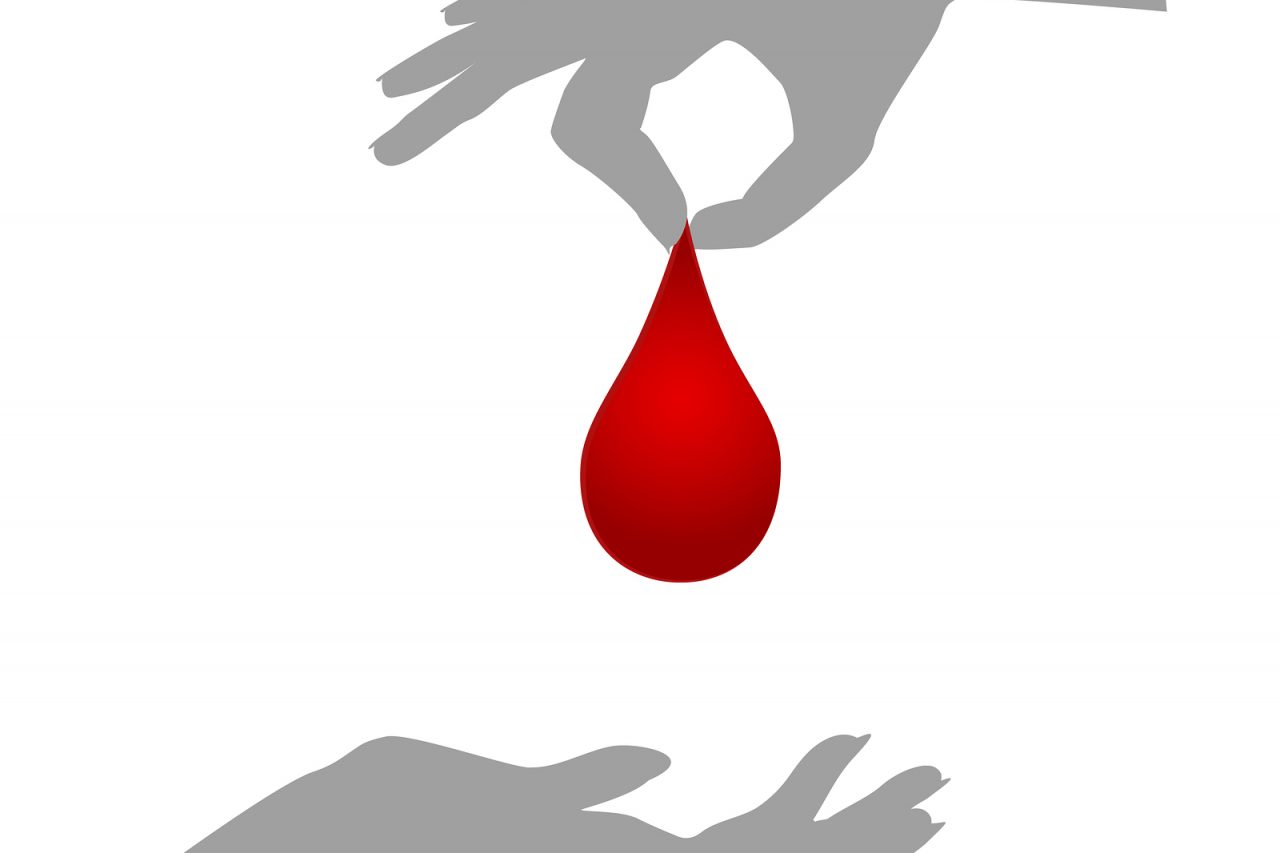The failure of doctors to talk to their patients about end of life decisions perplexes me. This gap in vital communication results in poor care, uncontrolled pain, futile treatment and death in hospital or nursing home, where no patient wants to be. Certainly, for oncologists, every patient they see is concerned about dying and by not opening the topic it leaves each isolated.
I have generally taught my students that this failure results from a “culture of cure.” Doctors and patients focus so hard on treatment, whether its fighting cancer, heart disease or even Alzheimer’s, that they ignore the reality that all life eventually ends. Lost is the opportunity to plan for end-of-life needs, which can deny the patient and family a gentle passing. Doctors falsely see death as the great enemy, instead of suffering and disease. Often the illogical emphasis on cure at any cost is key to poor end-of-life communication.
Recently I have been considering a slightly different perspective on this problem, based in the works of psychoanalysts, Sigmund Freud and Otto Rank, and how they saw human personality. They proposed that man is, in a sense, a demi-god. Half god and half-animal. By god, they did not mean infinite and all-powerful. Rather they observed that man has characteristics that are god-like and therefore unique among all creatures.
These god-like traits include the ability to imagine something in the abstract and then make it happen. For example, one can dream of a two-floor red house, and then build it or envision a five layer chocolate cake and then bake it. Second, man can, in his mind, travel to any time in the future or the past, including the world before or after his life. He can also move his mind to any place in the Universe that he imagines. Finally, at the most basic level, man is self-aware of his own existence and mortality. As we understand life on this planet, these are remarkable and special god-like abilities.
On the other hand, man is an animal. He is born, grows, can be injured, ages, and gets sick. He eats, has sex, shivers when a frigid wind blows and has to move bowels and urine. Finally, eventually, the animal that is man dies.
Psychoanalysts believe that emotional trauma in human life is because man is not really a god and is something more than just an animal. He is a demi-god and being a demi-god is hard. He can create and appreciate goodness, enjoy the wonder and awe of each day; teach, learn, and dream, but at the same time, he can see into the future and knows his fate. His mind can conceive flying through the air, staying awake for days or living to be 10,000, but he is denied by the limitations of his flesh. This results in life long stress and in order to cope man uses various psychological strategies, including repression and denial, to focus on each day and each moment and not go truly mad.
When someone becomes ill with a life threatening illness such as cancer, their ability to deny the animal part of their existence may collapse. Suddenly they are less god than ailing beast. This can cause terrible anxiety, confusion and depression, as their personality is threatened by physical deterioration and critical coping mechanisms fail. At these critical times, the support of a physician who understands the core balance of the human condition can be most valuable.
However, it seems to me that doctors do not talk about death to their patients, not because they do not care, but because doctors do not know how to deal with the god, they only understand the animal. They are scientists who base decisions on anatomy, physiology and chemistry, which are the building blocks of the biological body. Even psychiatrists talk about chemical imbalances causing depression.
Doctors receive almost no training on the mechanisms, drives and weaknesses of the mind, where-in lies the god-like powers of man. Like veterinarians who are unable to talk to their patients, doctors continue to focus on the body and despite their best efforts, do not offer desperately needed connection and support. Paradoxically in their efforts to heal, they drive the body to a point that causes unneeded suffering.
As long as the sole focus of physicians is on the animal body of man, they will have great difficulty having the kind of vital discussions needed to assist their patients at the end-of-life. On the other hand, this offers a nearly infinite opportunity to reach out to the hearts of their patients. By connecting and supporting the primary emotional needs of the demi-god soul, physicians can help patients to live better. This will require not only physician awareness of the possibilities, but training about drives and coping mechanisms. Medical education needs to recognize that by understanding the primal needs of patients, and the complex psychic battles which each of us face, doctors can help provide quality life, even at its end.







7 Comments